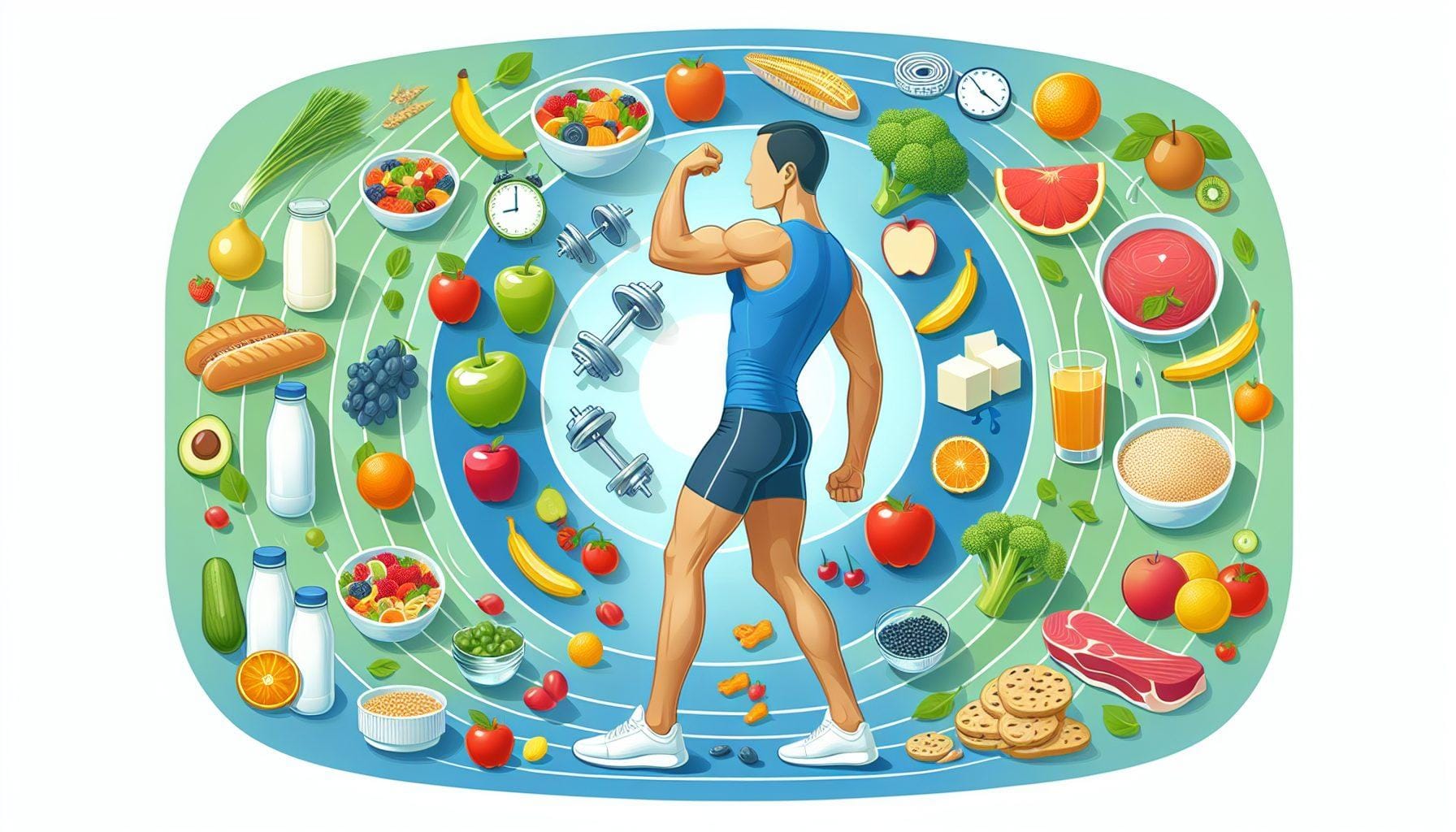Are you an athlete looking to enhance your performance? One key factor that should never be overlooked is the importance of a balanced diet. Proper nutrition plays a vital role in optimizing athletic performance and achieving your goals. Whether you are a professional athlete, a weekend warrior, or simply someone who enjoys staying active, fueling your body with the right nutrients can make a significant difference in your overall performance and recovery.
The Role of Nutrition in Athletic Performance
When it comes to sports performance, nutrition serves as the foundation. Without the right fuel, the body cannot perform optimally. Here are some key benefits of maintaining a balanced diet for athletes:
- Enhanced Energy Levels: A well-balanced diet provides the necessary carbohydrates, proteins, and fats to fuel your muscles and maintain energy levels throughout your training sessions or competitions. Carbohydrates are particularly important as they act as the primary source of fuel for high-intensity exercise.
- Improved Strength and Endurance: Consuming enough protein is essential for muscle growth, repair, and maintenance. Protein helps to rebuild damaged muscle fibers and increase muscle mass, leading to improved strength and endurance. Include lean meats, poultry, fish, legumes, and dairy products in your diet to ensure an adequate protein intake.
- Reduced Risk of Injuries: Proper nutrition supports a strong immune system, which in turn helps to reduce the risk of illness and injuries. A balanced diet rich in vitamins, minerals, and antioxidants can help strengthen your immune system and aid in the recovery process.
- Quicker Recovery: Optimal nutrition enables faster recovery after intense workouts or competitions. Nutrients like carbohydrates replenish glycogen stores, proteins repair and rebuild muscle tissue, and fats provide essential fatty acids for optimal cellular function. Including post-workout snacks or meals that combine these macronutrients can promote faster recovery.
- Improved Mental Focus: Certain nutrients, such as omega-3 fatty acids, antioxidants, and B vitamins, play a crucial role in brain health and cognitive function. A balanced diet that includes foods like fatty fish, nuts, seeds, fruits, and vegetables can support mental focus, concentration, and overall brain function.
Now that we understand the importance of a balanced diet for athletic performance, let’s take a closer look at the key macronutrients needed by athletes:
The Macronutrients: Carbohydrates, Proteins, and Fats
Carbohydrates: Carbohydrates are the body’s primary source of energy, especially during high-intensity exercise. They are stored as glycogen in the muscles and liver and are crucial for maintaining blood glucose levels. Complex carbohydrates like whole grains, fruits, and vegetables provide a steady release of energy and should make up the majority of an athlete’s carbohydrate intake.
Proteins: Proteins are the building blocks of muscle tissue and are essential for muscle growth, repair, and recovery. Athletes should aim to consume high-quality sources of protein such as lean meats, poultry, fish, eggs, dairy products, legumes, and plant-based proteins like tofu and tempeh.
Fats: Healthy fats are an important part of an athlete’s diet as they provide essential fatty acids for optimal cellular function. Include sources of unsaturated fats such as avocados, nuts, seeds, and olive oil in your meals. Limit saturated and trans fats from sources like fried foods and processed snacks as these can negatively impact performance and cardiovascular health.
Hydration: In addition to macronutrients, proper hydration is crucial for athletic performance. Dehydration can impair performance, increase fatigue, and affect recovery. Drink water throughout the day and ensure you’re adequately hydrated before, during, and after exercise. The exact fluid needs vary depending on factors like body size, sweat rate, and exercise intensity.
It’s important to note that individual nutrition needs can vary depending on factors such as sport, training intensity, body composition goals, and personal preferences. Working with a sports nutritionist or a registered dietitian specializing in sports performance can help you develop a personalized nutrition plan tailored to your specific needs and goals.
In conclusion, a balanced diet is a critical component of athletic performance. By providing your body with the right nutrients in the right amounts, you can enhance your energy levels, improve strength and endurance, reduce the risk of injuries, promote quicker recovery, and boost mental focus. Remember, nutrition is not something to be overlooked if you want to achieve your full athletic potential.
If you’re looking for expert guidance on sports nutrition and performance, consider consulting with a sports medicine specialist like Eastside Ideal Health. Their team of experts can help you optimize your nutrition and train at your best. Visit Eastside Ideal Health to learn more.

